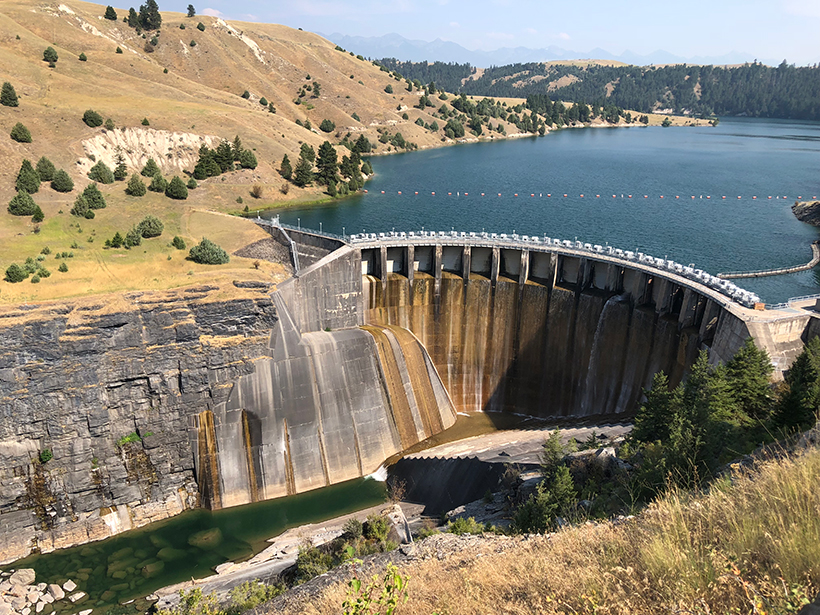“Indigenous communities in the United States and globally face pressing water challenges, including threats from resource extraction methods and climate change.”
Water plays a pivotal and sacred role in the cultures and knowledge systems of indigenous peoples. Hydrology can benefit from indigenous perspectives on water, particularly perspectives that provide place-based understanding of complex natural and human systems. At the same time, indigenous communities in the United States and globally face pressing water challenges, including a lack of safe drinking water, overuse, and threats from resource extraction methods and climate change.
Despite these strong motivations, indigenous peoples make up an extremely small fraction of professional hydroscientists in academia, government, and the private sector. A recent symposium focused on strategies for improving indigenous participation in hydrology, addressing water-related challenges in indigenous communities, engaging in ethical and respectful research, and incorporating indigenous perspectives into the discipline’s thought and practice. The symposium brought 36 indigenous scientists, community activists, elders, and allies to Salish Kootenai College. Members of the Confederated Salish and Kootenai Tribes opened the symposium with a ceremony, welcoming participants to their territory, the Flathead Indian Reservation.
Participants shared research on topics ranging from groundwater contamination and fluvial geomorphology to public policy and climate change. The symposium focused mainly on academic research; however, presentations also explored water management, outreach, and education efforts by tribal governments, tribal colleges, and nonprofits. Tribal elders completed the symposium’s holistic approach by providing valuable cultural context.
In addition to presenting their own work, participants discussed ways to make hydrology more accessible and interpretable for tribal communities and the public. Groups also brainstormed how to bring indigenous views and priorities into scientific discourse and decision-making. To stimulate further dialogue, participants toured water management infrastructure owned and operated by the Confederated Salish and Kootenai Tribes, including Séliš Ksanka QÍispé Dam, the largest tribally owned hydropower project in the United States. At the conclusion of the meeting, participants held a visioning exercise to contemplate the role of a network of scholars, professionals, and allies focusing on indigenous water perspectives.
“Hydrology as a discipline will benefit from deeper integration with indigenous knowledge systems.”
The symposium helped bring into focus a larger narrative about water in indigenous communities across the United States. Native American tribes collectively control abundant water resources, but tribal waters are often threatened by active resource extraction (e.g., mining and oil and gas transmission) and by legacies of past activities. Climate change exacerbates these threats and introduces other challenges. Indigenous peoples are uniquely vulnerable to these threats and challenges, in part because of cultural ties to water.
Participants concluded that threats and challenges can inform already sophisticated indigenous systems of thought regarding water, and hydrology as a discipline will benefit from deeper integration with indigenous knowledge systems. A portion of the Hopi Water Declaration, shared by an elder during the symposium, evokes the type of systems thinking envisioned by participants: “Water, the breath of all life, water the sustainer of all life, water the voice of our ancestors, water pristine and powerful.”
—Karletta Chief (@NativeHydro), University of Arizona, Tucson; Ryan E. Emanuel ([email protected]; @WaterPotential), North Carolina State University, Raleigh; and Otakuye Conroy-Ben (@titakuyeotawin), Arizona State University, Tempe
Citation:
Chief, K.,Emanuel, R. E., and Conroy-Ben, O. (2019), Indigenous symposium on water research, education, and engagement, Eos, 100, https://doi.org/10.1029/2019EO114313. Published on 24 January 2019.
Text © 2019. The authors. CC BY 3.0
Except where otherwise noted, images are subject to copyright. Any reuse without express permission from the copyright owner is prohibited.

